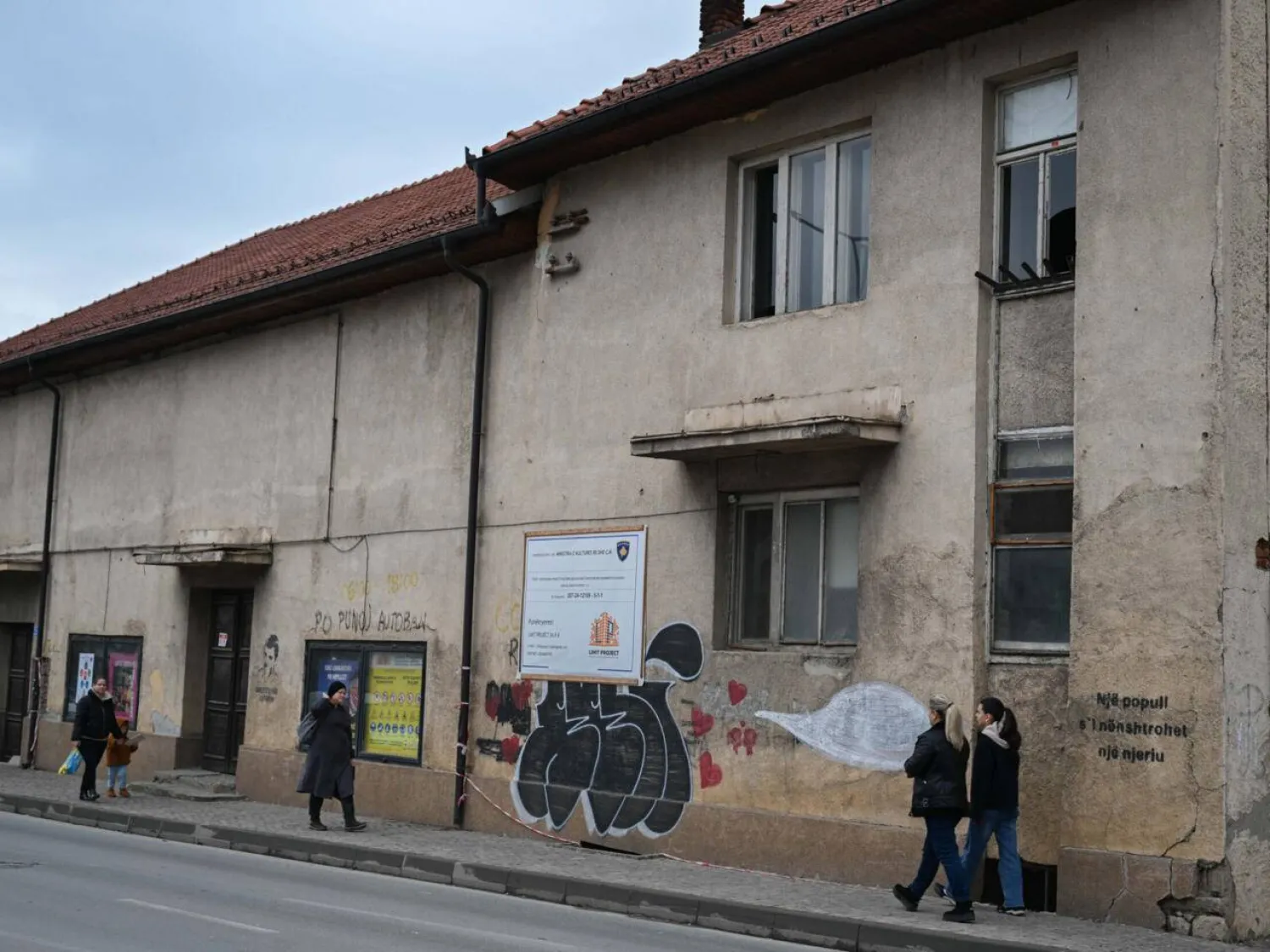In Beijing’s Forbidden City, once the sprawling palace to China’s Ming and Qing emperors and their legions of guards and servants, steady streams of visitors wearing historical costumes pose for portraits, in a fashion of centuries gone by.
It’s a phenomenon seen around heritage sites across China, inspired by comic book conventions and the Japanese passion for cosplay, but with additional nationalistic and cultural dimensions, The Associated Press said.
Though the historical veracity of the frocks and cloaks may not be guaranteed, they draw their inspiration from Chinese painting, theater and art, especially that of the Qing, China’s last dynasty that was known for its relative prosperity and cultural advances through trade in silk and porcelain.
During this time, China expanded its empire and its art and paintings flourished, as did clothing and textiles. Men and women wore full length elaborately embroidered silk robes and women wore hairpieces encrusted with flowers, pearls and gemstones.
The Qing fell in 1911 and following decades of warfare, power was seized by the Communist Party, which sought to grind out all vestiges of China’s imperial past.
With the abandonment in recent years of hard-core Maoism and rising prosperity, it is now common to see whole families decked out in Qing Dynasty garb, some of which is homemade, others rented from vendors at photo shoots who will also provide help with hairstyles and makeup.
Popular historical TV dramas and the rise of social media have fed the craze, and while they don’t involve battle reenactments like those popular in the US and Europe, they reflect a growing respect for China’s history in the centuries before the communist takeover. Some participants base their looks on characters from novels, plays and poems going back centuries.
Throngs of people gather along the walls and a scenic moat surrounding the former palace — now a museum that is resplendent in weeping willows and turning colors during the late summer and early fall. Both professional and amateur photographers shop their samples to families and couples. Others in imperial dress take turns with their phone cameras. A group of students from the elite Tsinghua University celebrated their end of semester with a costume photo.
Despite the sweltering Beijing summer heat, families, friends and couples pose with a smile, sweat dripping down foreheads. It’s a serious affair, necessitating the right pose, the perfect prop and the ideal camera angle. And when everything is in place, they slip back in time — feeling like royalty and fulfilling a fantasy — however briefly with others like them living otherwise ordinary lives.
Beijing's Imperial Palace Bustles With Throngs of Visitors in Qing Dynasty Costumes

Chinese girls dressed in Qing dynasty attire take pictures outside the Drum Tower at Gulou East Street in Beijing, China, Tuesday, July 16, 2024. (AP Photo/ Vincent Thian)

Beijing's Imperial Palace Bustles With Throngs of Visitors in Qing Dynasty Costumes

Chinese girls dressed in Qing dynasty attire take pictures outside the Drum Tower at Gulou East Street in Beijing, China, Tuesday, July 16, 2024. (AP Photo/ Vincent Thian)
لم تشترك بعد
انشئ حساباً خاصاً بك لتحصل على أخبار مخصصة لك ولتتمتع بخاصية حفظ المقالات وتتلقى نشراتنا البريدية المتنوعة







